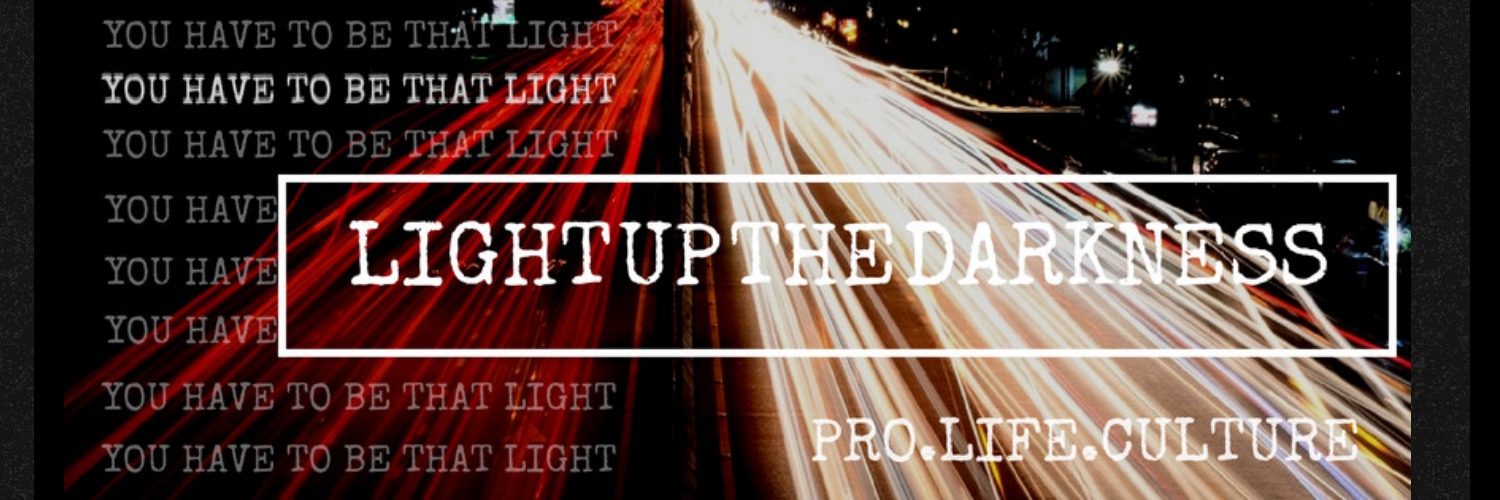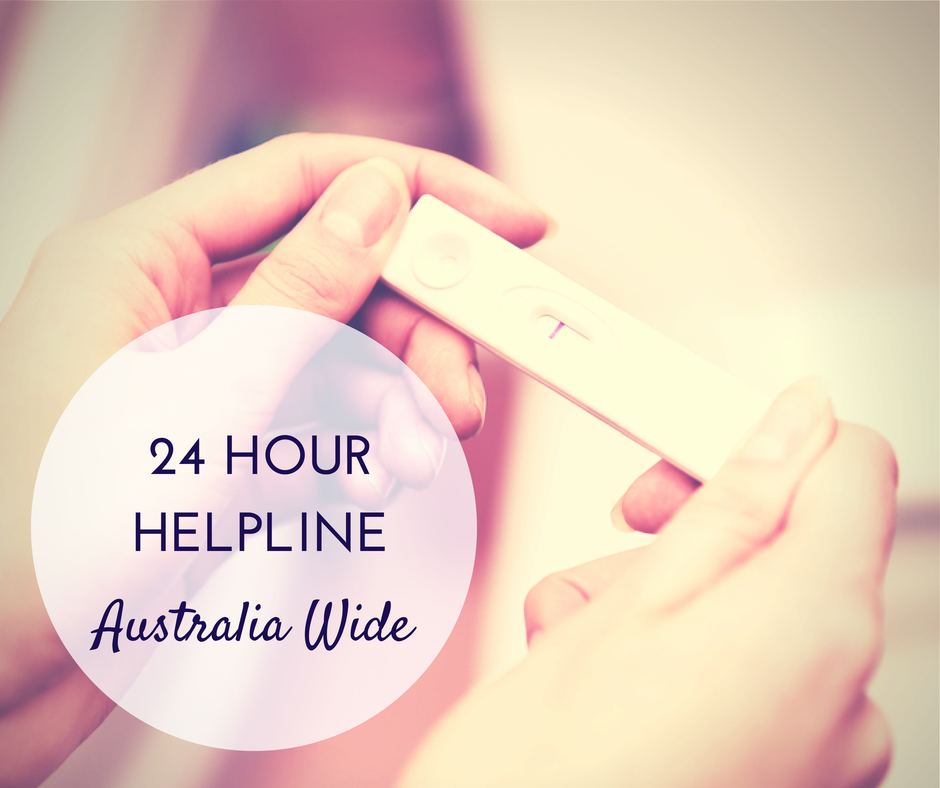Letter From the Zone #4
During the last couple of weeks, I’ve had the opportunity to pray outside two different abortion centres, in two different states, under two very different sets of circumstances. I’ve also met two people who aborted their children at one of these centres, and who hold vastly different attitudes to their abortion experiences.
Hobart, Tasmania: where free speech is a punishable offense.
Tuesday, Chris and I were back outside the Hobart abortion mill. It was peaceful as usual, but obviously against the law and stands in contrast to the enormous legal gathering I recently took part in outside a Melbourne abortion centre. As usual, I stared at the entrance to the building and wondered how women feel when they leave that terrible place; they were promised relief, but in reality are burdened for the rest of their lives.
Melbourne, Victoria: where cognitive dissonance is alive and well.
There were a couple of notable cases of this phenomenon on display in Melbourne during my recent visit there for the March for the Babies.
This definition is from the website Simply Psychology:
Cognitive dissonance refers to a situation involving conflicting attitudes, beliefs or behaviors.
This produces a feeling of discomfort leading to an alteration in one of the attitudes, beliefs or behaviors to reduce the discomfort and restore balance etc.
For example, when people smoke (behavior) and they know that smoking causes cancer (cognition).
Festinger’s (1957) cognitive dissonance theory suggests that we have an inner drive to hold all our attitudes and beliefs in harmony and avoid disharmony (or dissonance).
The first case involves one of the anarchic counter-protesters whose photograph has been doing the rounds of Facebook - you may have seen it: the man holds a sign saying “The only good baby is a dead baby.” I wonder exactly how much ‘discomfort’ he has felt since demonstrating his nihilistic attitude to the world - because this man is really stating that he should never have been born; that his parents and siblings, friends and heroes should never have been born. He is saying that the world needs to stop right now - that procreation must end, that all babies must be put to death. At least, that’s what his sign says. He is a grown baby. Let’s pray that his intelligence quickly grows up too.
The presence of the extremists at the March meant that the ‘softer’ abortion advocates stayed away. At the time, this was quite a relief, seeing that there were hundreds of police ensuring the safety of the pro-life contingent and only about forty protesters, albeit rather aggressive ones. But I have come to realize that there is a huge gulf between the attitude of abortion activists and that of everyday people who find themselves facing an unplanned pregnancy. This has begun to concern me greatly, and the attitude to which I’m referring was made very clear during the last conversation I had before leaving Melbourne.
I found myself talking to a Hindu man, a native of India. He was very friendly, extolling the virtues of Hinduism and particularly those of his guru, who lives in the US. The man told me about being a vegetarian and lamented the fact that many Australian couples chose to have only two children, or even none at all. His ultimate idea of virtue appeared to be the state of Being Relaxed, and his guru apparently had taught him this art.
The conversation progressed to my reason for being in Melbourne, and predictably included my telling him of my large family. When I mentioned the March for the Babies, the man paused and slowly said, “Oh …. you are against abortion.”
I told him that abortion is a terrible evil that damages society, and that it is a sin that damages our souls.
Then this man told me that he and his wife had aborted three children.
At this point, he definitely manifested the ‘feelings of discomfort’ associated with cognitive dissonance: I became very quiet, not knowing what to say, while he began to explain his reasons for murdering his children. He contradicted himself as he told me that abortion was ‘good’ in India, because the population is so large, but ‘bad’ in Australia, although he had aborted two of his children here. He told me that he and his wife couldn’t afford any more children, after just saying how much easier it was to get ahead here, compared with life in India. My son remembers that the man aborted one child because the gender was not what they wanted, but I don’t remember that - it may be so.
I had only prayed to be able to mention Christ to the man, never dreaming that his conscience was so lifeless as to be almost dead.
People like this man aren’t abortion activists - they don’t engage with pro-lifers on Facebook, don’t argue their point of view, they don’t attend counter-rallies, they don’t hold signs.
They aren’t necessarily promiscuous or adulterous; they are just people who, when they unwittingly make a baby, don’t think twice about aborting it. These are the people who may never google post-abortion syndrome or call a pregnancy help-line.
They are ordinary people, perhaps model citizens, the people you would pass in the street.
These are the people who can only be reached through prayer.
I will contrast this man with the beautiful woman I met outside the abortion mill where thousands of pro-life people gathered during the March. This woman was actively pro-life; she had an abortion many years ago at that very place and was visiting it for the first time since then. Again there was nothing I could say. We stood silently and thoughtfully.
We were outside the same building where the Indian man had taken his wife to procure their two Australian abortions.
Their children were killed in the ‘lucky country.’

